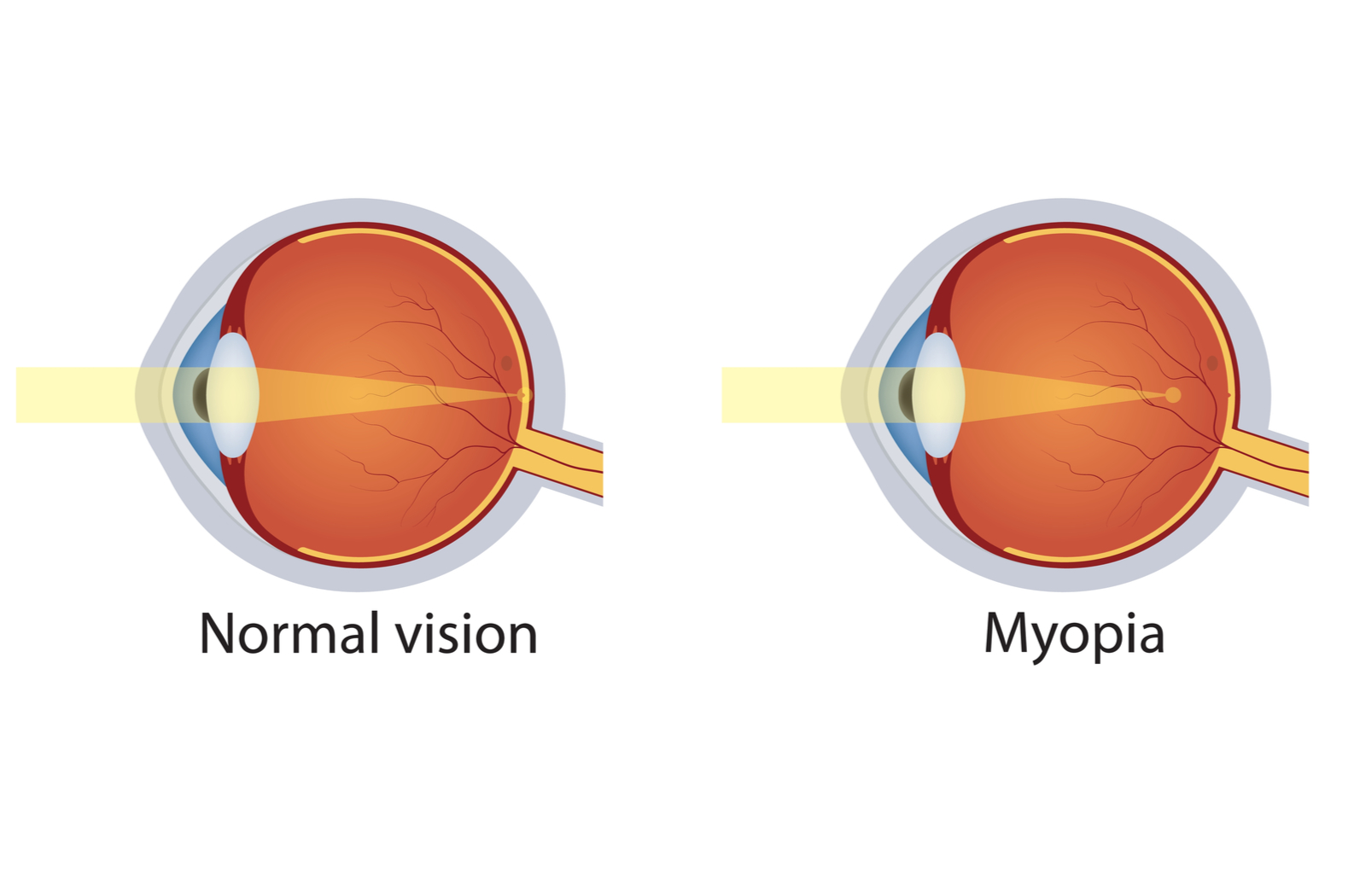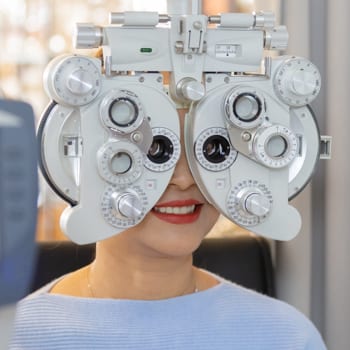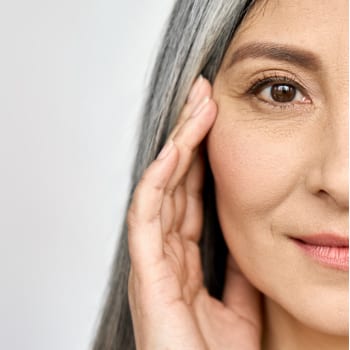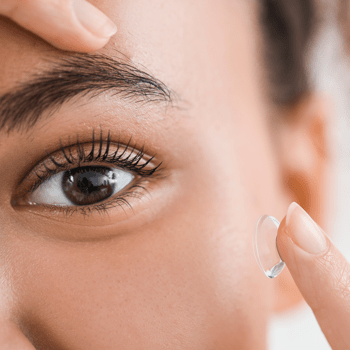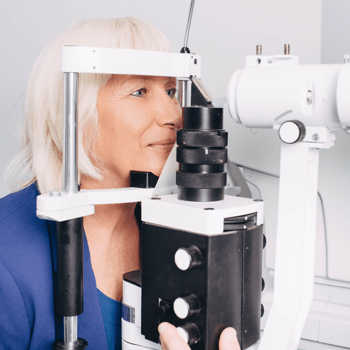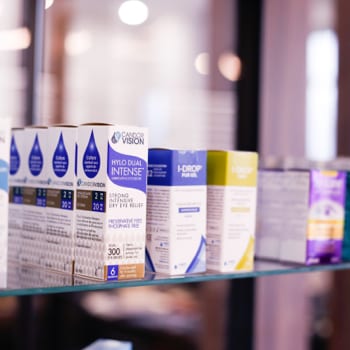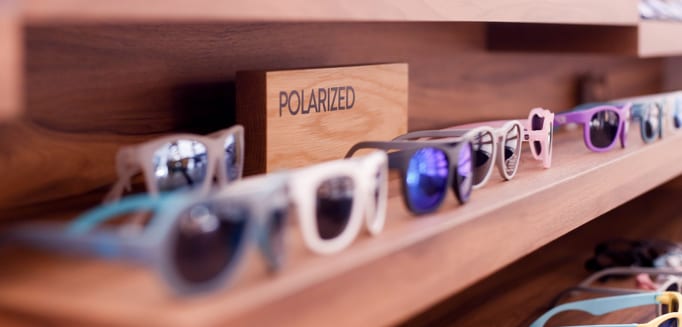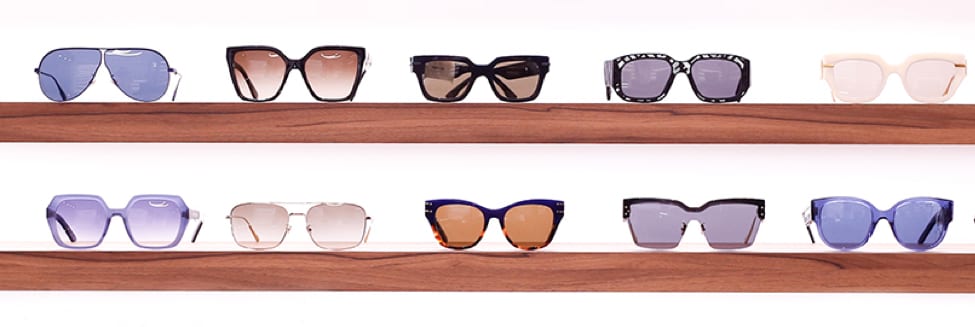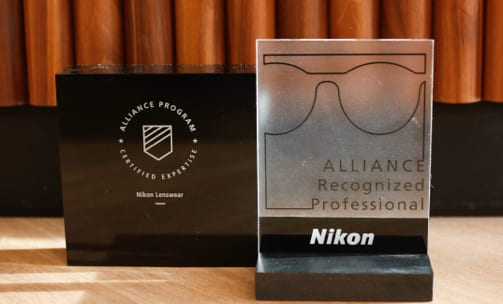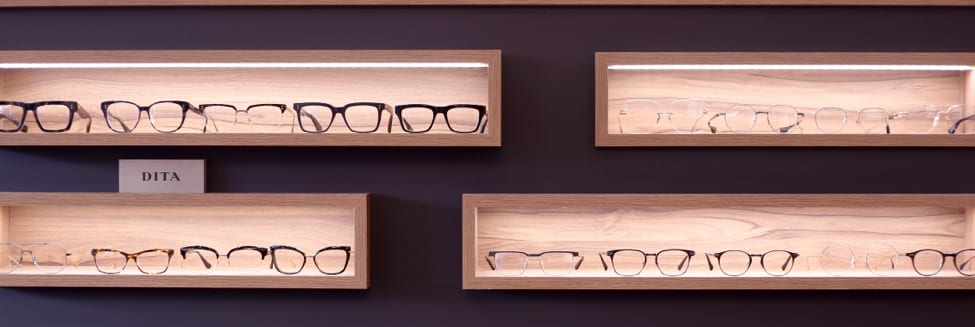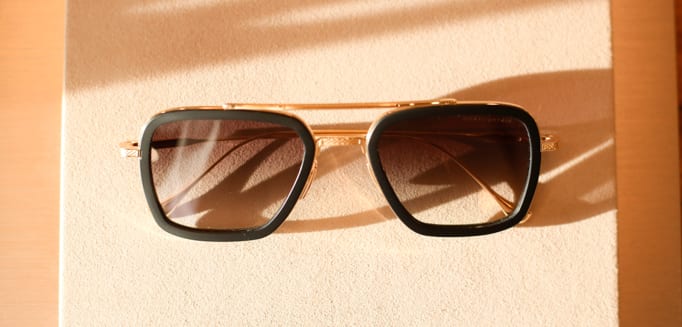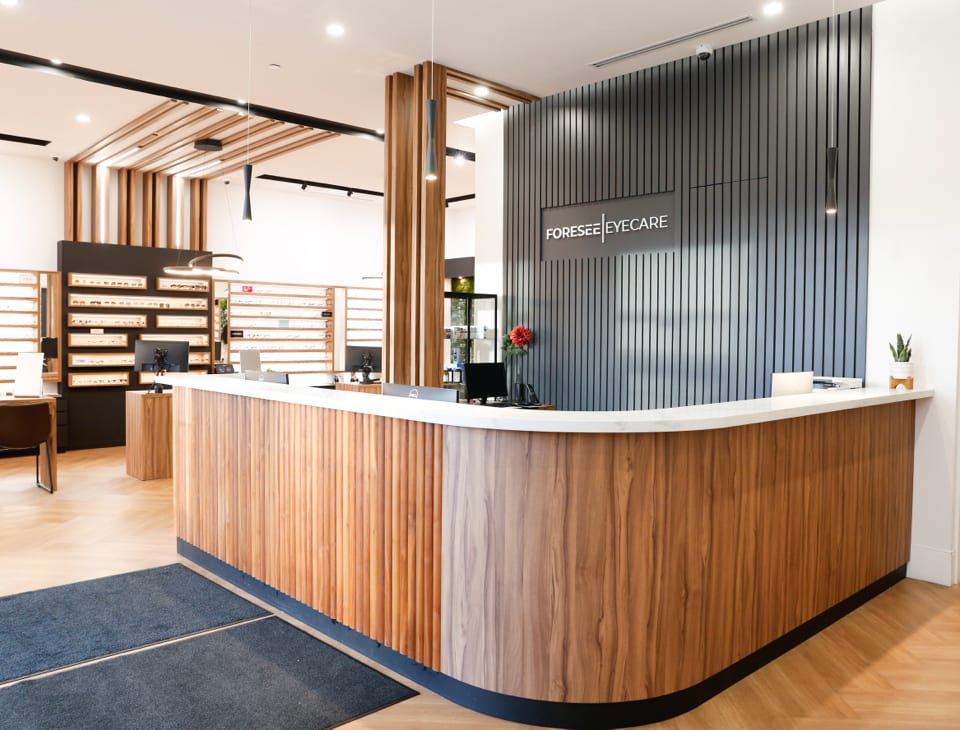Myopia affects more than your child’s vision; it can increase the chance of developing significant eye diseases if left untreated. Your optometrist can help protect your child’s vision, but how can you choose a myopia control treatment?
Continue reading to learn more about myopia control, including how you can choose the right treatment for your child.
What is Myopia?
Nearly 30% of Canadians have myopia, a common refractive error. It causes nearby objects to appear clearly, while things in the distance don’t come into focus. Blurry vision occurs because incoming light can’t bend properly.
Myopia typically emerges between the ages of 6 and 14, and your child may experience several symptoms, such as:
- Excessive squinting
- Headaches
- Strained eyes
- Persistent blinking
- Unawareness of far-away objects
- Frequent eye rubbing
Children with myopia will often sit closer to digital screens or the front of the classroom to see better. Your child may not know they have a visual problem if they’ve had this condition from a young age. Speak with your optometrist if you notice any of these symptoms in your child; you can help slow myopia progression with their help.
How Does Myopia Develop?
Someone with myopia has uniquely shaped eyes. Myopic eyes are longer, or the cornea has a steep curvature, which causes light to improperly focus. Light focuses in the wrong area of the eye, causing blurry vision.
Besides eye shape, other factors related to myopia development include:
Myopia develops at a young age and progresses as your child grows. This progression can cause myopia to worsen and affect your child’s vision.
What is Myopia Progression?
Children’s eyes grow with them as they become adults. This growth can cause a mild case of myopia to worsen with time, becoming high myopia.
Myopia is high when someone needs -5.00 dioptres or more of vision correction. Experts estimate almost 10% of the world will have high myopia by 2050. High myopia causes your child to rely on heavy prescriptions as an adult.
Besides worsened eyesight, high myopia increases the risk of several eye diseases, such as:
Myopia is more than a vision problem for your child; it can affect their eye health later in life. Your optometrist has several treatments they can recommend to slow or prevent myopia progression.
Myopia Control Treatments
Treating myopia focuses on controlling the condition rather than correcting vision. Single-vision glasses can only correct myopia, but other methods can slow myopic progression.
Some current myopia control treatments include:
- Orthokeratology (ortho-k)
- MiSight
- MiyoSmart
- Atropine eye drops
- Vision therapy
Orthokeratology (Ortho-K)
Orthokeratology, or ortho-k, is a specialty contact lens that reshapes the cornea as your child sleeps. Your child wears them overnight, and the lenses shape the cornea, slowing eyeball elongation.
The results last for the day, and your child doesn’t require vision correction until they wear their contact lenses again. Ortho-k is a safe and effective treatment for myopia progression.
MiSight
MiSight contact lenses have concentric rings in their design which create myopic defocus. These lenses help images focus in front of the retina instead of behind it.
MiSight helps slow eye elongation and can successfully delay myopic progression in children ages 8 to 12. A 3-year study discovered these lenses reduce myopia progression by 59%.
MiyoSmart
MiyoSmart lenses utilize DIMS technology to slow myopia progression. These lenses correct and control myopia by creating myopic defocus. These glasses feature a central zone that provides clear vision while many ring-shaped zones surround this area to slow myopia progression.
A 3-year study discovered this technology effectively slows myopic progression. MiyoSmart is a good choice for children who can’t wear contact lenses or prefer glasses.
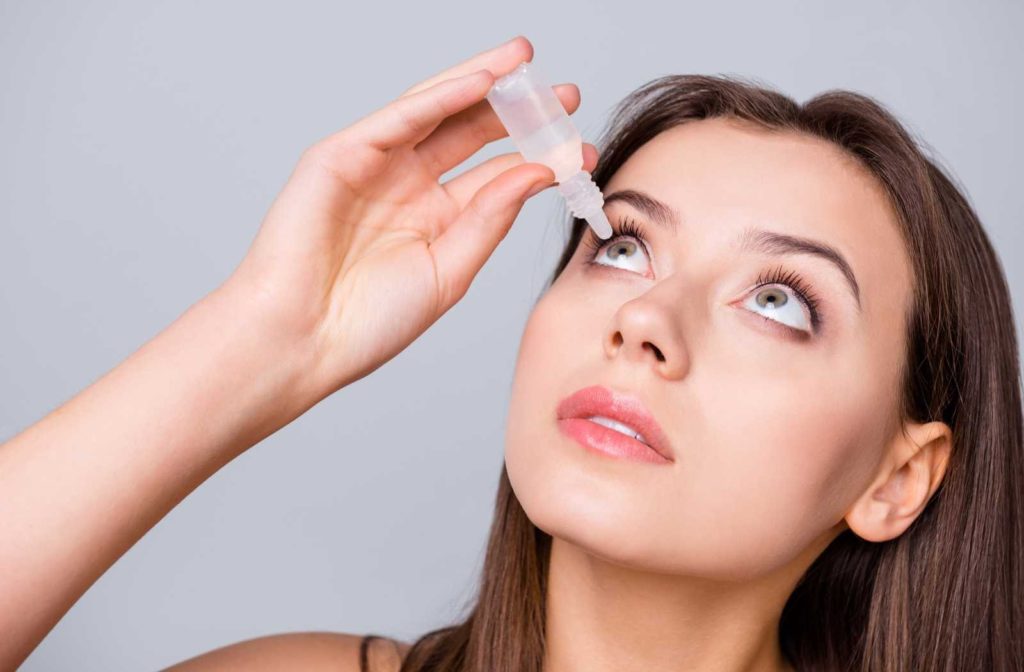
Atropine Eye Drops
Atropine can effectively control myopia progression. Sometimes used to dilate your pupils, atropine eye drops help relax the eye’s focusing muscles. Low-dose eye drops can aid in slowing myopia progression.
It’s important to note that atropine eye drops can’t correct myopia. Your child will still require glasses or contact lenses to provide clearer vision during the day.
Vision Therapy
Vision therapy is an alternative treatment to address ocular issues. Your optometrist may use procedures, exercises, and other methods to help treat your child. Vision therapy is ideal for conditions relating to the connection between the eyes and the brain.
There are many different myopia control treatments available, so how can you choose the best option for your child?
How to Choose a Myopia Control Treatment
There is no need to worry if you aren’t sure what the best myopia treatment is. Your optometrist can recommend the most effective treatment option based on your child’s needs. Some options may not be as suitable if your child doesn’t want to or can’t wear contact lenses, and your eye doctor will keep this in mind. Parents and children should be aware that effective myopia control and management is a continuous program requiring ongoing and routine follow up with your Optometrist to ensure a particular treatment is working or if changes need to be made.
The best way to choose a myopia control treatment is to listen to your optometrist’s recommendations. If your child has myopia symptoms, contact your eye doctor.

